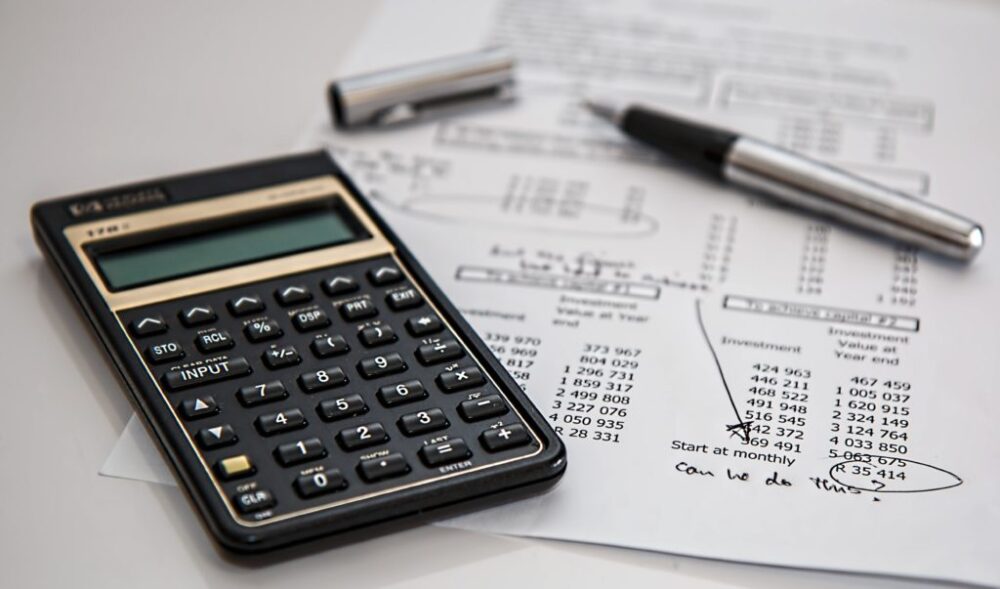Debt can quickly get out of control and lead to serious remedies such as bankruptcy. But a debt relief plan identifying the bills to pay off first can help you avoid falling deeper in debt and keep up with expenses.
First, according to the National Consumer Law Center, pay off any bills that can have immediate and serious consequences for your family and you if they are unpaid. These include court judgment debt, criminal justice debt such as fines and traffic tickets, car loans and leases, rent, utility bills and child support payments.
These high priority bills are usually time sensitive. Negotiate lower payments to avoid for example, car repossession or utility shutoff, if you cannot pay off these bills.
The second priority include bills that where payment my delayed, but not for long. If payment is pushed off for a few months, these bills can ultimately harm your financial well-being and become high priority debts.
This debt includes mortgage payments, property taxes, federal student loans and taxes owed to the federal government. Nonpayment can eventually pose the risks of mortgage foreclosure or seizure of bank accounts and tax refunds.
Finally, the lowest priority is any debt where nonpayment will not affect your financial well-being. However, you may have to pay extra fees and several missed payments may also affect your credit score.
You should notify your lenders and creditors about late payment of bills in this third category. Credit card companies, for example, may consider waiving fees and providing hardship assistance.
The NCLC identified several types of lower priority debt that should be paid last. This includes medical debt, credit card debt, debts owed to friends or family, private student loans, debt owed as a loan co-signer, money owed on a repossessed car after it is resold, merchant charge accounts and low value small loans.
An attorney can also present debt relief options when it becomes serious or overwhelming. They can help seek effective remedies that protect your rights.

